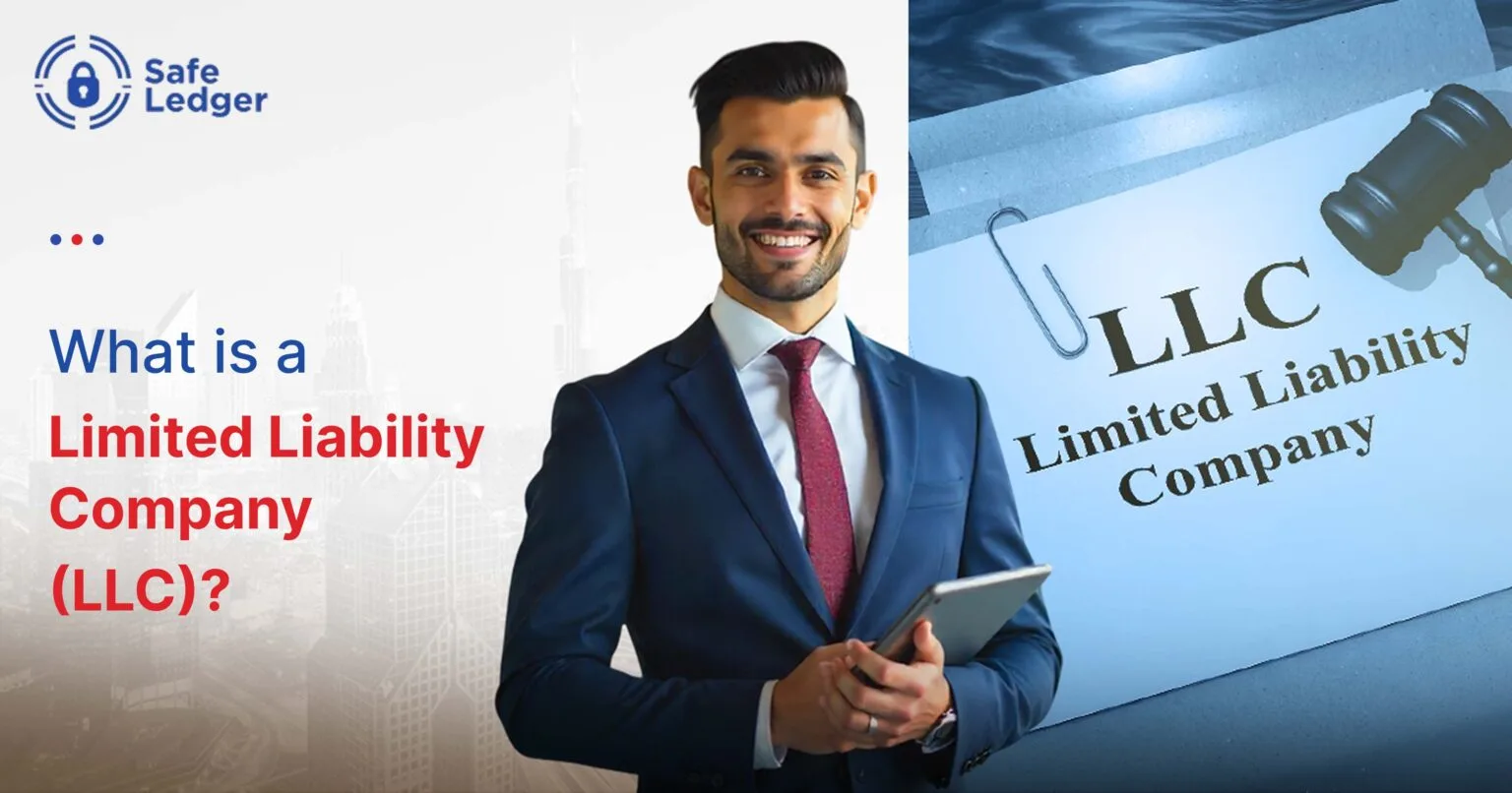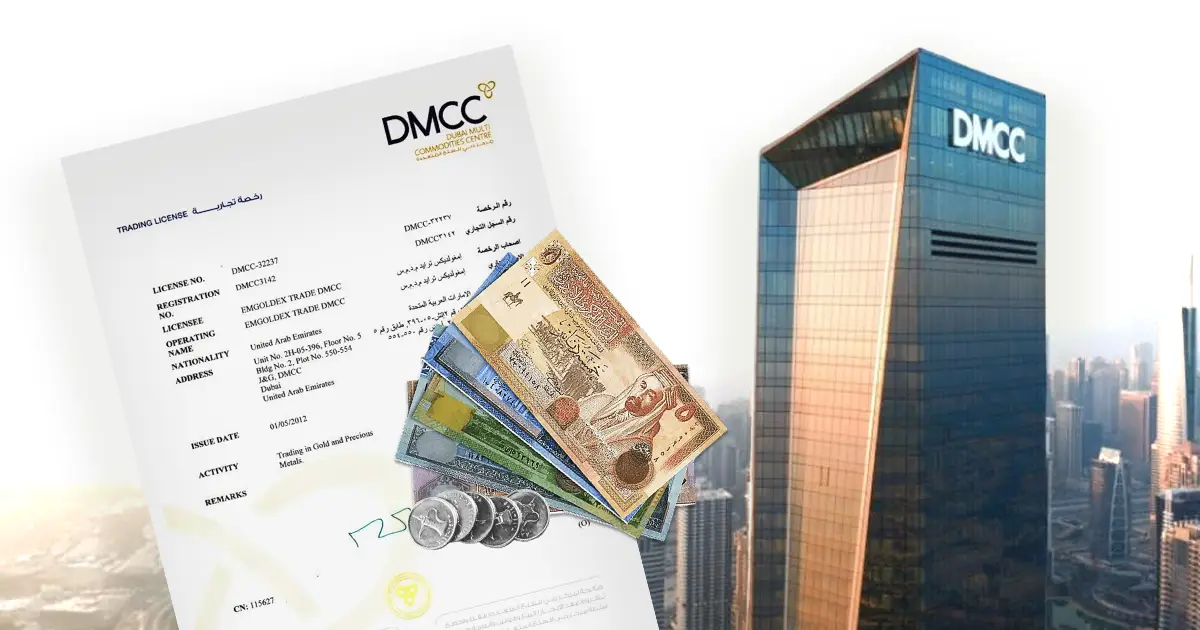Overview
Starting a Limited Liability Company (LLC) in the United Arab Emirates (UAE) is one of the most popular ways to establish a business. This business structure offers entrepreneurs exciting opportunities and strong legal protection. An LLC is a legal business structure defined under the UAE Commercial Companies Law (Federal Decree-Law No. 32 of 2021), allowing the company to own assets, enter into contracts, and be sued in its own name, entirely separate from its owners.
When launching a venture in the UAE, you can choose from several legal structures:
- Sole proprietorships
- Partnerships
- Free zone entities
For mainland operations, an LLC remains the preferred choice due to its flexibility, limited liability protection, and ability to conduct a wide range of business activities.
The most important feature of an LLC is right in its name: limited liability. This creates a protective shield between your personal assets (like your home, car, and personal savings) and your business debts. If the company faces financial trouble or is sued, only the company’s assets are at risk. Creditors cannot come after your, i.e., founders’ personal belongings to pay the business’s debts. Your personal financial risk is limited to the capital you contribute to the company.
Recent government data indicates that Limited Liability Companies (LLCs) constitute the majority of new business licenses issued on the UAE mainland. Last year, the UAE issued approximately 200,000 new economic licenses nationwide, with a significant portion attributed to LLCs due to their flexibility and liability protection.
This blog breaks down the LLC structure in the UAE, showing exactly what it is, how it operates, and why it could be the best choice for your new business. The goal is to provide entrepreneurs, investors, and new business owners with a clear, practical, and easy-to-follow guide.
Looking for other company structures? We also assist with full company formation services in the UAE, including Mainland, Free Zone and Offshore companies.





